This compilation is sourced from the European competence framework of third sector leadership created by the EU3leader project.
The leadership has become a relevant element for the proper functioning of the nonprofit organisations. But, what does it mean to be a good leader? Is it possible for everyone? What competences are necessary to become a leader in your organisation?
To give a real answer to this, the project EU3leader has created the European competence framework of third sector leadership in which you can find the specific competences that each leader should have:
Core
- Commitment. Concerns the motivation to commit to the vision, mission and values of the organisation, aligning one’s own interests and behaviours with the needs, priorities and goals of the organisation. Leading by example: “Walk the talk”.
Leadership: Self
- Adaptability. About effectively adapting your behaviours to a variety of situations, individual or groups, either expected or unexpected. It also shows versatility to accept changes or difficulties in achieve goals, individual or organisational.
- Self-Awareness. About identifying own beliefs, values, strengths and weaknesses, and understanding the impact that they have on emotions and behaviours. Also about controlling emotions in difficult situations, responding appropriately recognising own ‘triggers’ and how one’s behaviour impacts on others.
- Learning Orientation. Capability to keep focused on updating and increasing knowledge, skills and experiences to consistently improve performance.To do this, one seeks learning opportunities, shares knowledge with others and applies learning to the job.
Leadership: Others
- Engaging and developing others. About encouraging, inspiring and supporting others to develop confidence and capability to help them realize their full potential and to achieve common goals as a team.
- Interpersonal communication. Ability to listen, seek and express ideas and messages effectively, using coherent speech (verbal, nonverbal and emotional) in private or public situations, and active listening to fully comprehend what others are saying.
- Collaboration. About working in a cooperative way with others, both within and outside the organisation, even beyond own market/sector or country, combining individual with interdependent and common goals, based on common values and a shared culture.
Strategic: Internal
- Environmental understanding. Ability to read clearly opportunities and threats in the sector/market and weaknesses and strengths in the organisation, to identify the most appropriate strategic response.
- Creativity and innovation. About developing, original and purposeful and impact-focused solutions, ideas or approaches to improve effectiveness and efficiency in reaching the organisation’s goals.
- Analytical thinking. Ability to identify problems, analyse significant information, look for and present relevant data to figure out a conceptual map that can help to make decisions and solve the issue. Also includes the ability to identify patterns or keys in complex situations that are not obviously related.
Strategic external
- Vision & strategical thinking. Ability to identify objectives, anticipate opportunities and foresee future scenarios, which contribute to the achievement of an organisation’s mission.
- Financial sustainability. Ability to obtain funds from a range of sources to cover the full operating costs as well as a programme and delivery costs, from strategic plans to individual actions, understanding environment to identify opportunities and to create value to funders and to the organisation. Also implies knowledge and understanding (e.g. financial analysis, accounting, budgeting) to accurately identify opportunities and risks in organisation strategies.
- Advocacy. About persuading or influencing someone to change his position, achieving positive outcomes in support of for the mission of the organisation. This may also include campaigning, agenda-setting, channel spontaneous movements and protests both in own market/sector or country but also Europe-wide and globally.
Competences related
- Impact orientation. Is about design measurable projects, follow up the results and stablish indicators and methods to calculate the investment value always in terms of impact.
- Alliance-building. Is about building and maintaining friendly, trustworthy and opened relationships with people or organisations with common interests who may help to achieve organisation’s goals.
- Planning & Organizing. Is about developing action plans needed to achieve the objectives set, measuring resources, such as constraints of time, financial or human. Is also involves setting the appropriate measures of control and monitoring systems to follow up activities.


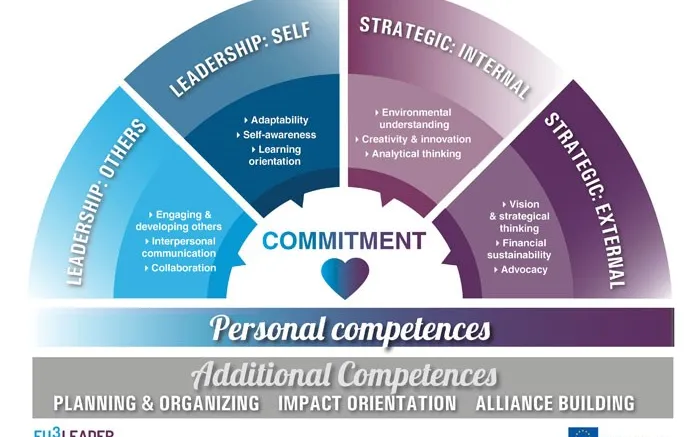
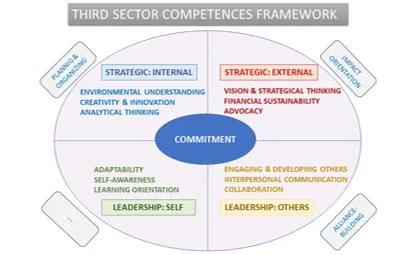
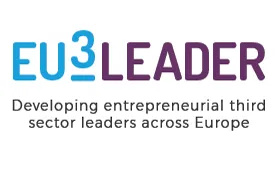
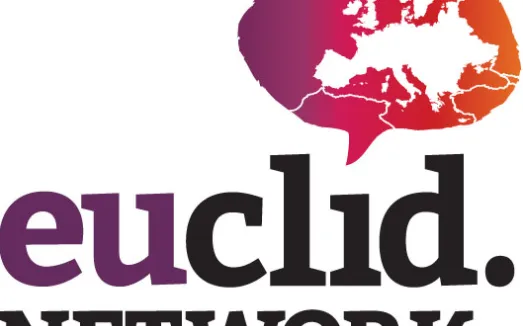



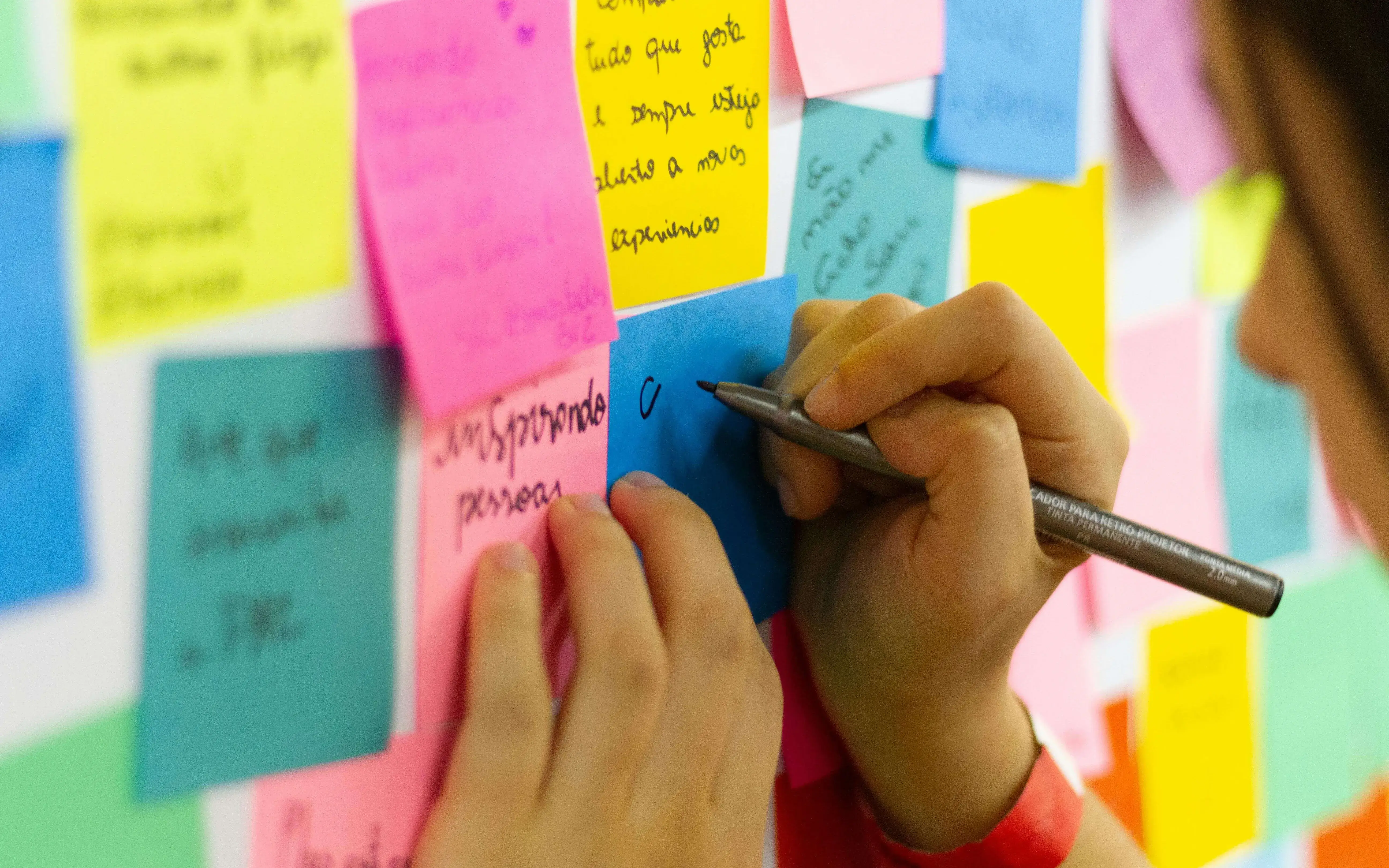

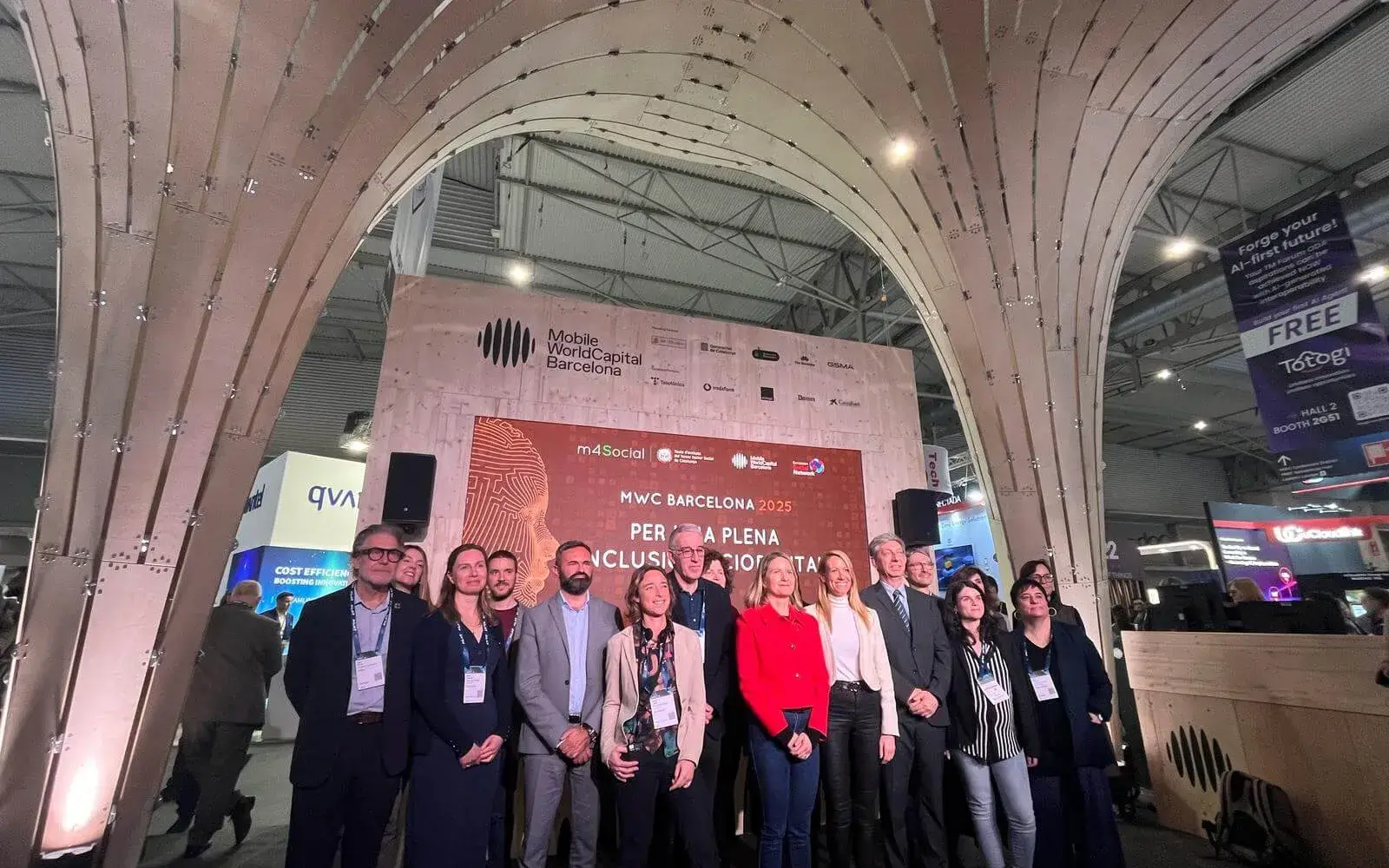
Add new comment